Rinker & Baker LLP
& the law

Rinker & Baker LLP
& the law
tate and federal vaccine mandates have significantly impacted the construction industry nationwide. While Alaska is one of a number of states suing the federal government for its vaccine mandate, until there is resolution through the courts, the current mandates remain in place and enforceable.
This article does not consider the merits of the mandates or a suit against them but instead provides insight into what contractors can do to protect themselves and preserve claims when their existing projects are impacted by vaccine mandates. Contractors have been affected in varying ways including—but not limited to—labor shortages, supply chain impacts, delays in permit processing and inspections, increased costs, and time for providing employees required time off to get the vaccines and recover and/or required COVID-19 testing for those employees who remain unvaccinated.
The next step is to check if the contract has an excusable delay or “force majeure” clause. Force majeure refers to excusable delays that could not have been reasonably foreseen by either party and typically covers things like natural disasters, war, and pandemics.
The force majeure clause in the Standard Specifications is typical of public projects in that it allows for a time extension but not additional compensation. Some contracts include force majeure clauses allowing for both time and compensation. Even if the force majeure clause only includes a time extension, it does not necessarily preclude a contractor from recovering compensation. For example, depending on the specific contract at issue, it may be possible to argue that the impacts from vaccine mandates created a changed condition for which compensation is allowable. This argument is particularly strong if the contract at issue contains a provision saying that impacts created by a change in law or regulation is recoverable as a changed condition. Similarly, there may be an argument that performance is impossible, justifying a no-fault termination of the contract. This scenario is likely to play out where a contractor’s labor shortage is so severe as to make it impossible for the contractor to provide qualified labor for its scope of work.
While each contract is different and the specific terms will control it, prudent contractors should always be sure to meet their notice obligations and confer with counsel about the appropriate way to preserve and assert their claims for impacts.
In discussing scheduling, parties should discuss risk allocation relating to the very real issues facing the construction industry at large. The supply chain has been disrupted and there are severe labor shortages throughout the country. In negotiating any construction contract, the parties need to discuss who will be responsible for delays caused by these issues, when additional compensation and/or time can be awarded, and when the contract may be terminated.
Guidance on vaccines is rapidly changing, and it is impossible to forecast how disputes related to this issue will play out in the future. Contracts are not identical and what may work for one contractor may not work for another. However, prudent contractors will work early with counsel to preserve potential claims and will take precautions in future contracts to ensure they will not be liable for costs they are not agreeing to pay.
